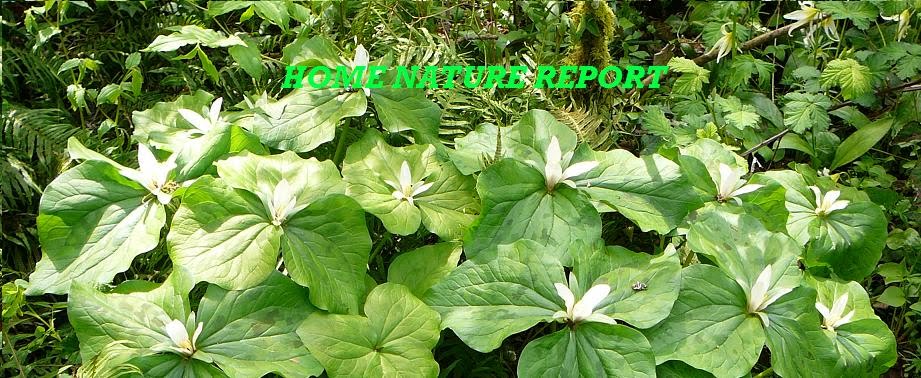Wednesday, July 13, 2011
Monsanto and Gates Foundation Push Genetically Engineered Crops on Africa
Global Research July 12, 2011
by Mike Ludwig
Skimming the Agricultural Development section of the Bill and Melinda Gates Foundation web site [5] is a feel-good experience: African farmers smile in a bright slide show of images amid descriptions of the foundation's fight against poverty and hunger. But biosafety activists in South Africa are calling a program funded by the Gates Foundation a "Trojan horse" to open the door for private agribusiness and genetically engineered (GE) seeds, including a drought-resistant corn that Monsanto hopes to have approved in the United States and abroad.
The Water Efficient Maize for Africa (WEMA) program [6] was launched in 2008 with a $47 million grant from mega-rich philanthropists Warren Buffet [7] and Bill Gates. The program is supposed to help farmers in several African countries increase their yields with drought- and heat-tolerant corn varieties, but a report released last month by the African Centre for Biosafety [8] claims WEMA is threatening Africa's food sovereignty and opening new markets for agribusiness giants like Monsanto.
The Gates Foundation claims that biotechnology, GE crops and Western agricultural methods are needed to feed the world's growing population and programs like WEMA will help end poverty and hunger in the developing world. Critics say the foundation is using its billions to shape the global food agenda and the motivations behind WEMA were recently called into question when activists discovered [9] the Gates foundation had spent $27.6 million on 500,000 shares of Monsanto stock between April and June 2010.
Water shortages in parts of Africa and beyond have created a market for "climate ready" crops worth an estimated $2.7 billion. Leading biotech companies like Monsanto, Syngenta, Bayer and Dow are currently racing to develop crops that will grow in drought conditions caused by climate change, and by participating in the WEMA program, Monsanto is gaining a leg up by establishing new markets and regulatory approvals for its patented transgenes in five Sub-Saharan African countries, according to the Centre's report.
More
Subscribe to:
Post Comments (Atom)





No comments:
Post a Comment